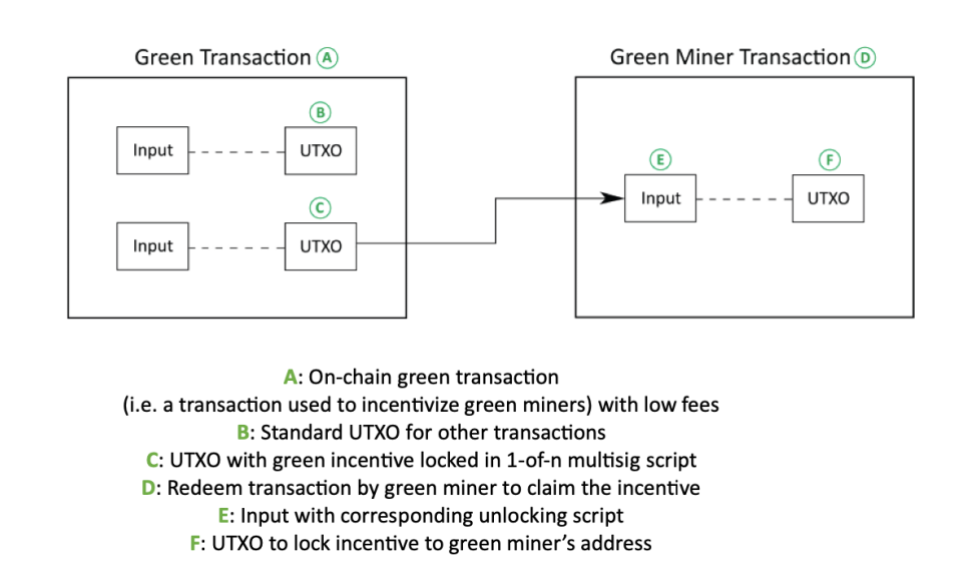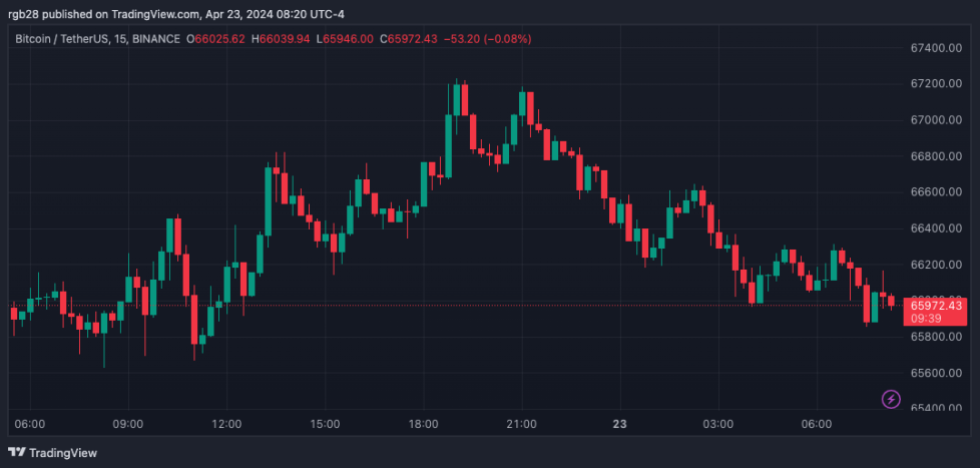PayPal’s Blockchain Research Group has joined Energy Web and DMG Blockchain Solutions to support “sustainable” Bitcoin mining. According to the paper, the collaboration “presents an opportunity to accelerate the clean energy transition” using crypto-economic incentives.
PayPal Research On Bitcoin Mining
In a recently published paper, PayPal’s Blockchain Research Group (BRG) proposed “the possibility for a more sustainable future” in Bitcoin mining. The investigation revealed that, as of April 2, data estimates the annualized emissions to be over 85 million metric tons of carbon dioxide due to Bitcoin’s Proof-of-Work (PoW) consensus mechanism:
The reason behind this significant impact is the proof-of-work (PoW) consensus mechanism that secures the Bitcoin network. In PoW, miners engage in a competitive race to find solutions (i.e., cryptographic hashes) for Bitcoin blocks, requiring powerful computational hardware like ASIC machines.
This race and its demand for robust computational power require significant electricity. Miners’ use of carbon-based energy sources consequentially “results in the underlying greenhouse gas emissions footprint of the Bitcoin network.”
As a solution, PayPal’s BRG aims to “incentivize desired activity with crypto-economics” to improve and optimize “existing, proven strong networks.” Additionally, the firm wishes to support “more environmentally responsible” mining and encourage other miners to shift towards cleaner energy sources.”
Bitcoin Rewards For “Green Mining”
The paper suggests routing on-chain transactions to “green miners” via low transaction fees with a BTC reward “locked” in a multisig payout address. The rewards would serve as an incentive to mine these transactions, as only green miners would be eligible to receive them.
The solution is based on identifying miners that use low-emissions energy sources. After identification, their public keys, referred to as “green keys,” would be used to reward miners with Bitcoin in a trust-independent method through a “1-of-n multisig script.” As a result, the payout address would allow the miners with green keys to claim the rewards.

Providers such as Energy Web would help to identify the green miners and onboard them to the solution. The non-profit organization offers a “Green Proofs for Bitcoin” initiative that promotes transparency and “supports alignment between Bitcoin mining and global decarbonization effort.”
Miners would apply for and share their sustainable mining certifications through the Green Proofs for Bitcoin validation platform.
Moreover, the proposed solution has been successfully tested with DMG. The firm broadcasted multiple low-fee transactions to test how effectively they would operate under different levels of on-chain transaction volumes.
Depending on the transaction volume, the low-fee ones would “either take a long time to confirm or eventually be dropped by the network.” This would increase the green miners’ chances to pick them up.
Per the paper, the trade-offs were “acceptable,” however, alternative solutions could be evaluated:
It is possible to design alternative solutions where transactions and rewards can be sent to miners via a private mechanism rather than using the public mempool.
Exploring technologies like smart contracts or the lighting network is also proposed as an alternative way to address the issues. However, they could come at the expense of “trust dependence and a more complex implementation.”
However, it is worth noting that Bitcoin mining has been controversial. While many legacy companies, such as PayPal and others, have targeted the network due to its alleged intense electrical consumption and carbon emissions, other research has pointed to the increasing use of renewable energy and the low carbon emissions the nascent industry produces, as seen in the chart below.

In an article posted by Forbes, analyst Jonathan Buck pointed out:
the CCAF has determined that the bitcoin industry uses a significant amount of renewable energy, sometimes more than half, depending on the jurisdiction. This is a testament to the industry’s commitment to sustainability and its potential role in the green revolution.













